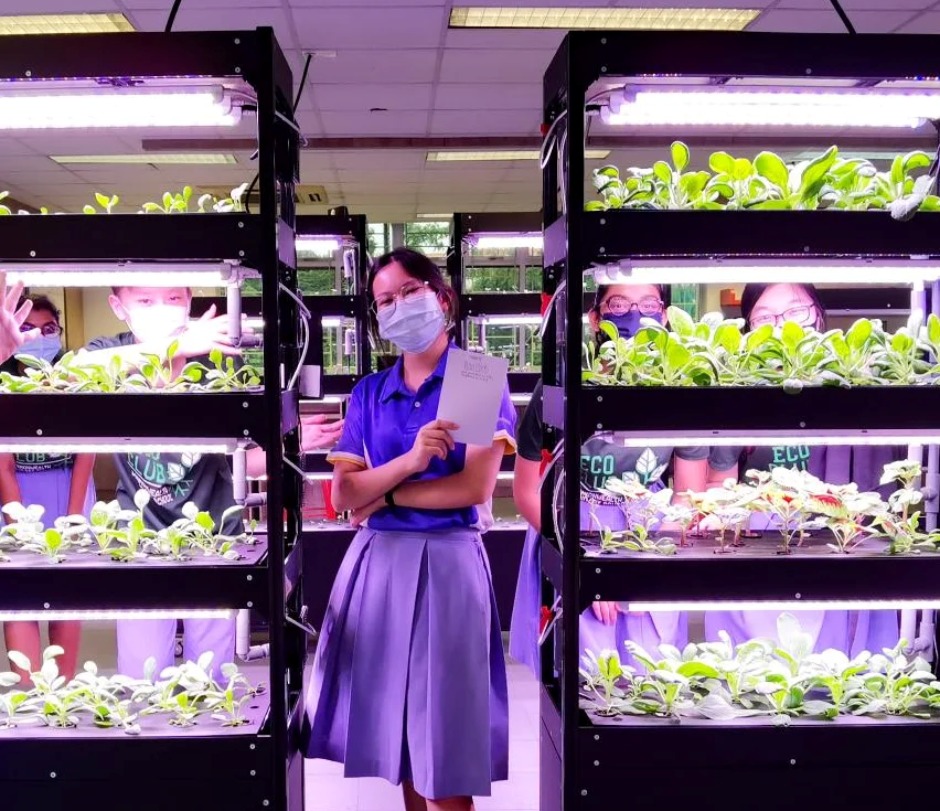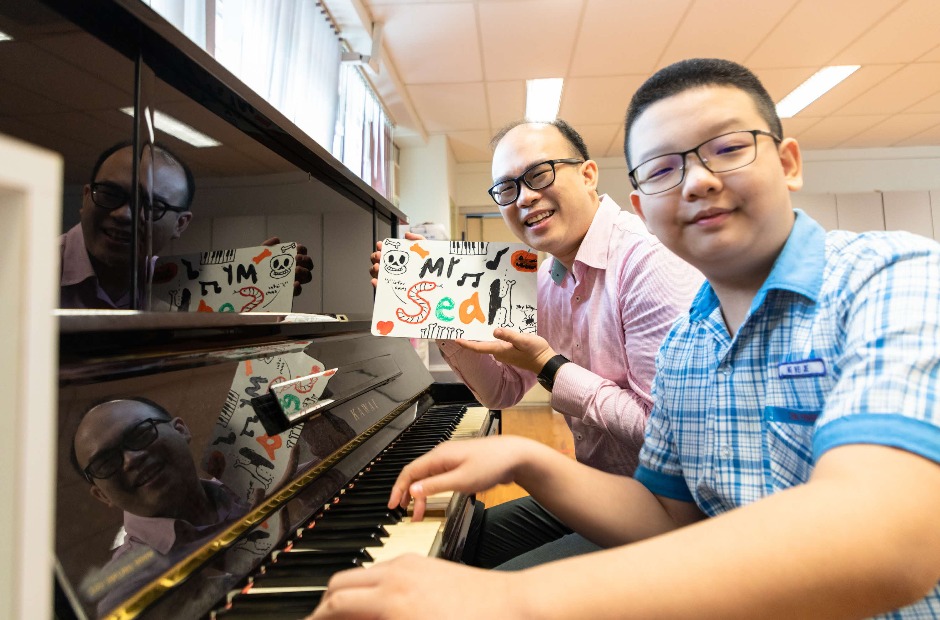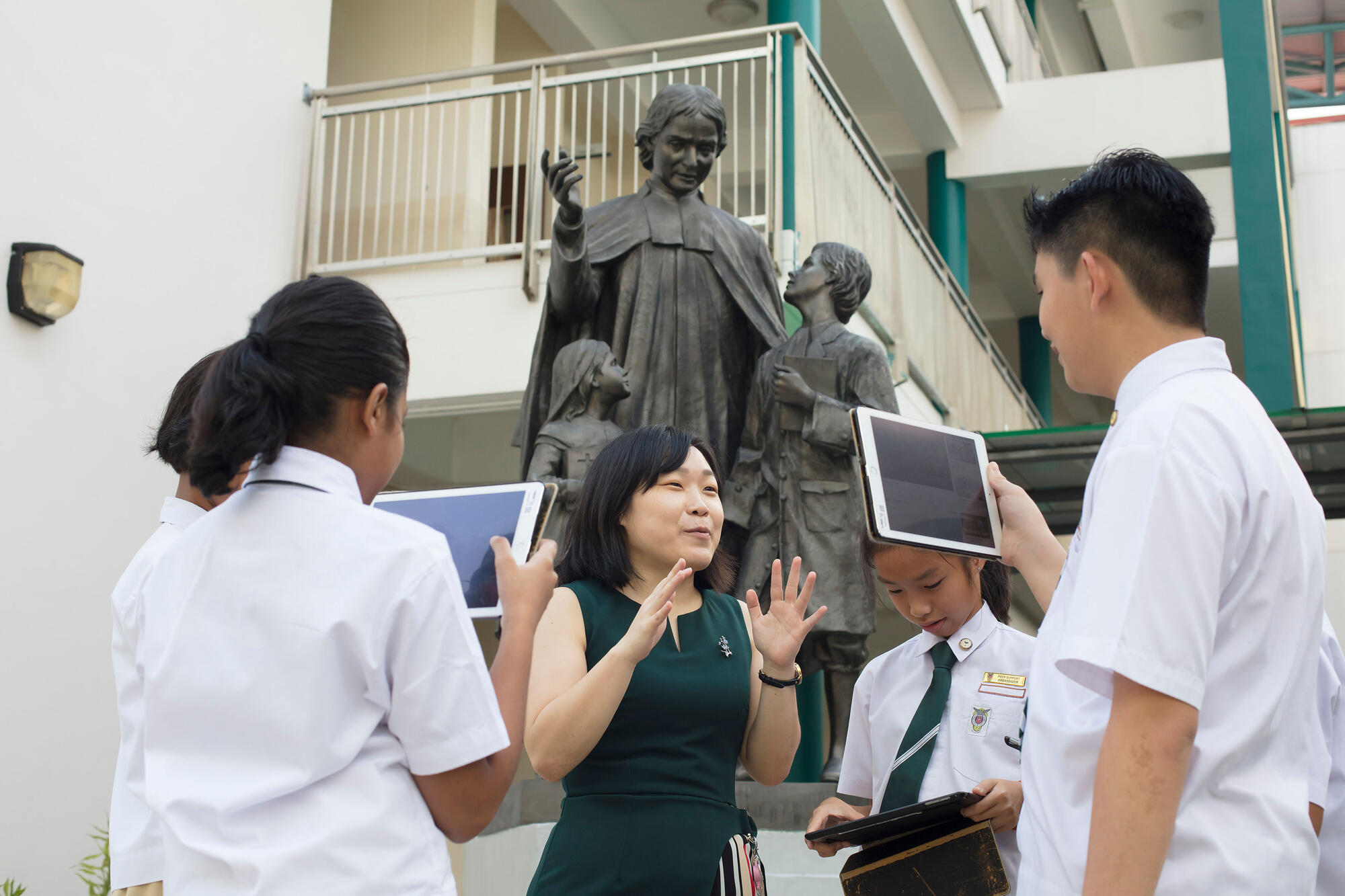Technology Goes to School at iCTLT 2008
28 Aug 2008
“But it’s homework!” That’s what your children might insist the next time you catch them blogging on the Internet instead of slogging at their worksheets. And they’d probably be right. There’s no escaping technology in today’s connected world, and Singapore schools are gearing up to give students a head start on the skills and tools they’ll need in a society that values creativity and connectivity.
Blogging was just one of the new waves in the education landscape highlighted at this year’s International Conference on Teaching and Learning with Technology (iCTLT). More than 1,800 international delegates gathered at Suntec City to hear how teachers and schools across the world are using new technologies to enhance the learning experience.
A common theme was the way technology can nurture creative learning and build communities. “Blogsphere vs. Classroom Management” was a workshop by the British Council on the benefits and implications of incorporating blogging into the curriculum. Other iCTLT sessions covered topics as diverse as learning with mobile phones, teaching chemistry via podcasting and building online communities for scholars.
For Mr Lim Heng Lee of Innova Junior College, who attended a presentation on using e-gaming to teach Chinese idioms, it was a lesson in blending the old and the new. The Chinese Language teacher lost no opportunity to sign up for several other break-out sessions, and shared his view that “school leaders need a framework to guide the use of technology, and teachers must address the different learning needs among our students.”
Game, set, go!
Just ten years ago, it would have been unthinkable to have students taking quizzes via Bluetooth-equipped mobile phones and receiving real-time results. Teachers and parents then might have baulked at the notion of pupils learning basic business concepts through computer games or taking on role-playing characters to experience how societies are governed.

Keynote speaker Sir Ken Robinson shared his expertise on the creativity and intelligence disparities in education systems worldwide.
Today, such scenarios are no longer futuristic visions but very much a part of life in Singapore schools, many of which were at iCTLT to showcase their successful efforts at incorporating ICT into the classroom. The gadgets and systems used by schools to facilitate creative teaching were also on display at booths that drew an enthusiastic crowd.
One tech-savvy teacher was Madam Zahida, a Science teacher from Bukit Timah Primary School, who was at a product booth gamely trying out some software. Her school is no stranger to ICT, having purchased 80 sets of small remote devices that enable students to compete in virtual quizzes akin to “Who Wants To Be A Millionaire”. With the ability to provide instant feedback, teachers can easily host such quizzes within the time span of a lesson. “In a normal class situation, teachers cannot go around asking each student for their answer,” says Mdm Zahida, who adds that she always looks forward to events such as iCTLT “because I get to find out more about new technologies available to schools.”
Masterplanning for the future
So what’s next? Some critics say it’s not enough that Singapore schools are already using ICT in various ways. A piecemeal approach just wouldn’t do for the education system to catch up with fast-changing technologies.

Students from Tampines North Primary School guide Minister for Education Dr Ng Eng Hen through their e-storybook software.
MOE has had two Masterplans for ICT in Education guiding the development of ICT in schools for the past ten years. At iCTLT, Minister for Education Dr Ng Eng Hen unveiled the third Masterplan for ICT in Education. Kicking off in 2009, the newest Masterplan has a more far-reaching goal: MOE wants to make ICT an integral tool in teaching and learning as well as the lives of both students and teachers.
Students will find new avenues to explore self-directed learning and questioning, while teachers will enjoy a greater range of professional development options to equip themselves with new models and best practices. It’s a long road to 2014, but by then, the Masterplan aims to have completely transformed Singapore’s learning environment into one where students are enriched by technology and empowered to succeed in the knowledge economy.
For more information on the third Masterplan for ICT in Education, read the MOE press release, “MOE Launches Third Masterplan for ICT in Education”.




.jpg)


